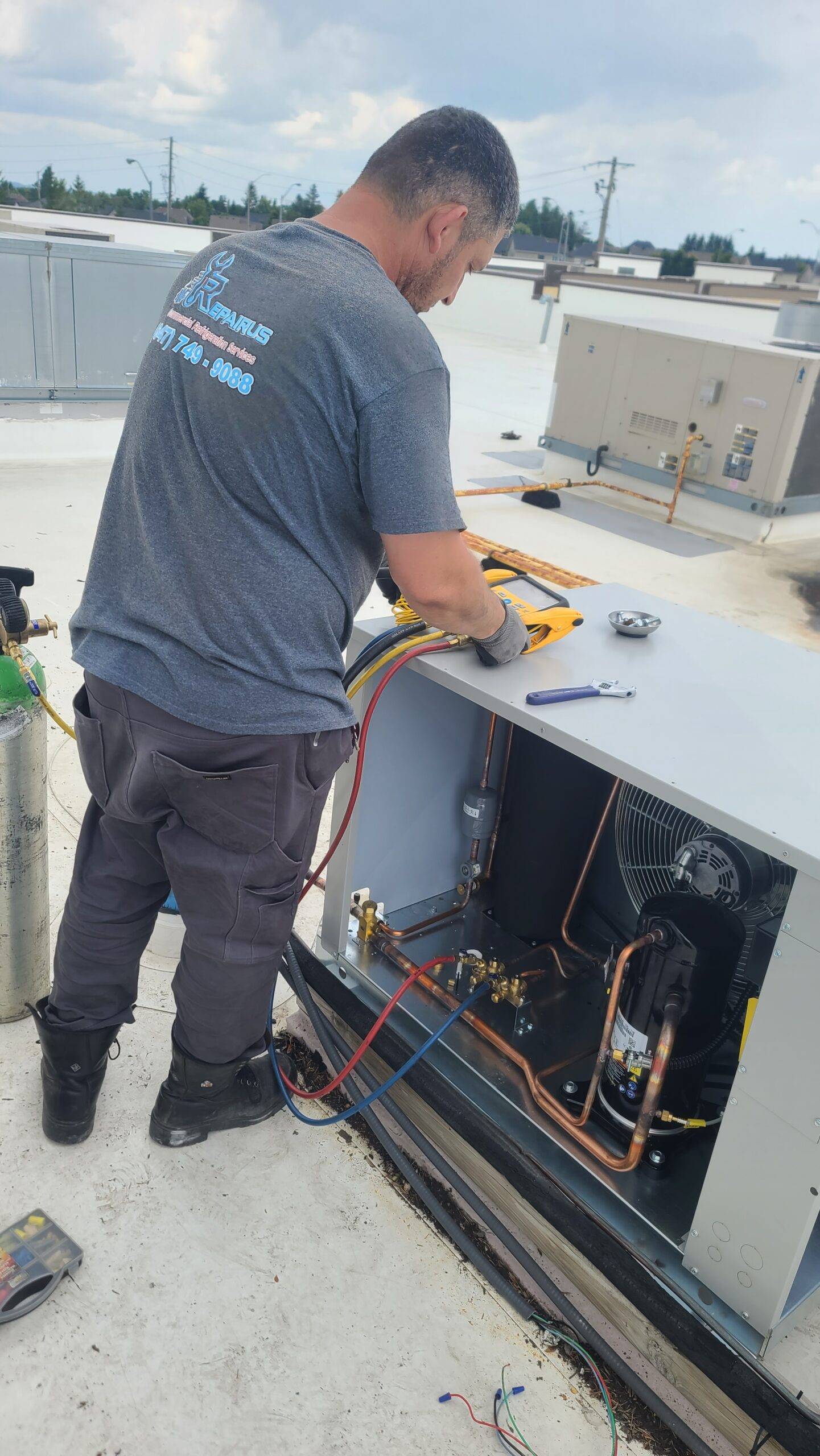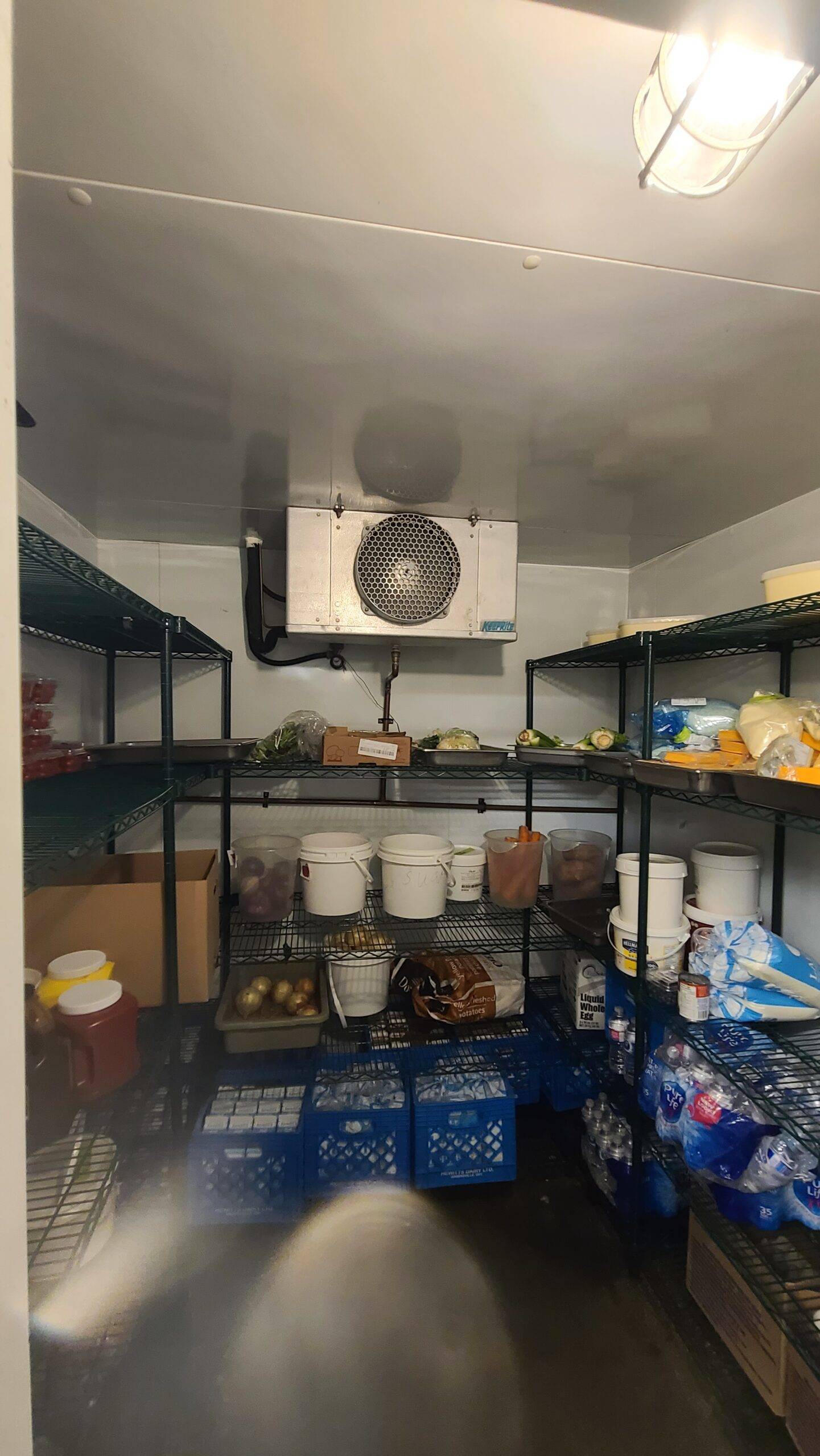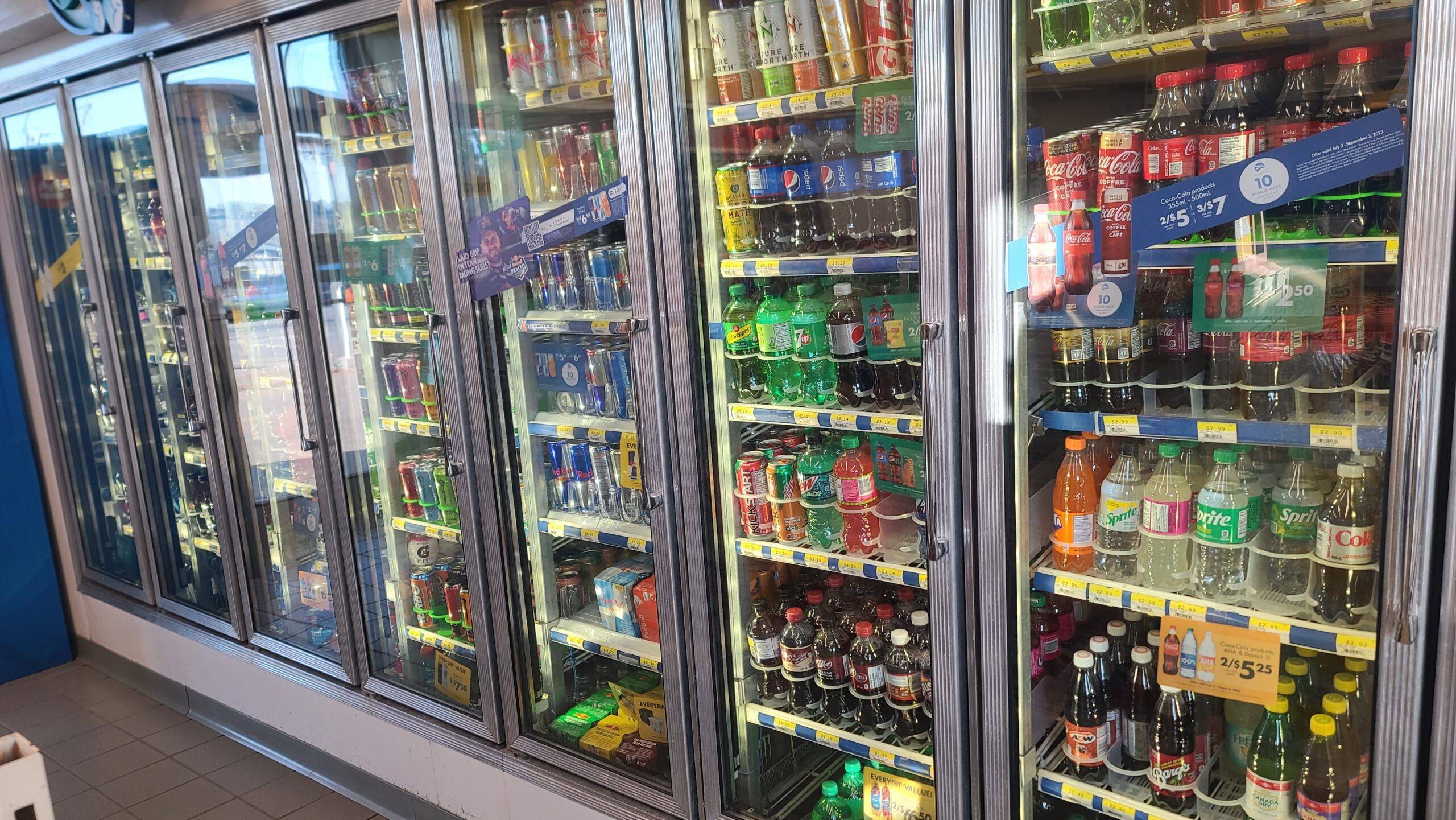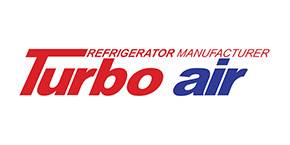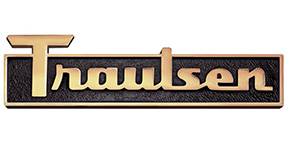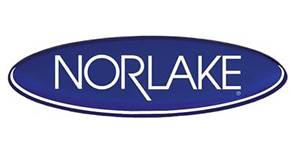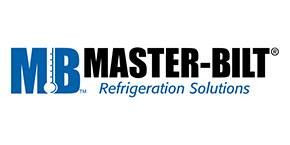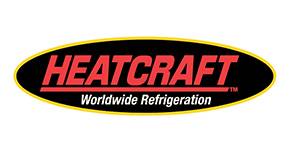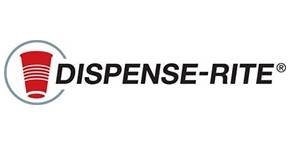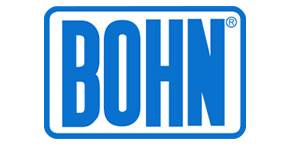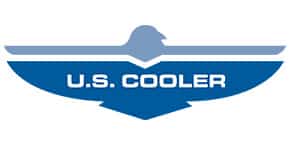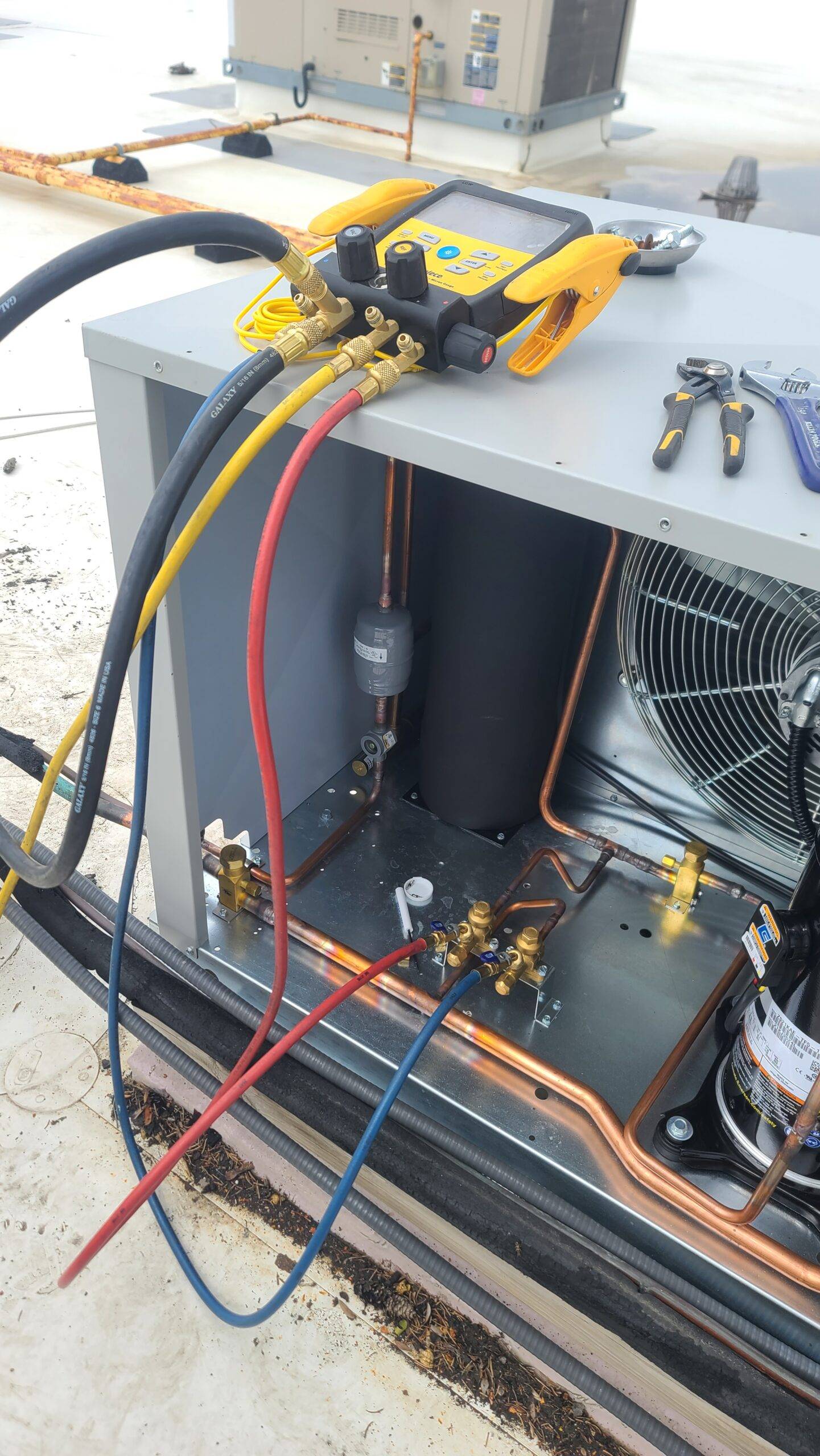

-
- Introduction
My Walk-In Cooler/Freezer Is Making Loud Noise? Walk-in coolers and freezers are essential appliances in many commercial kitchens, grocery stores, and other businesses. They provide a large and convenient space for storing and maintaining a safe temperature for perishable items. These appliances are designed to be durable and reliable, but like any piece of equipment, they require proper maintenance and troubleshooting to ensure they continue to function properly.
Proper maintenance of Walk-in coolers and freezers and troubleshooting of walk-in coolers and freezers are crucial to keeping the appliances running efficiently and prolonging their lifespan. Regular cleaning and inspections can help to prevent issues such as dirty or clogged condenser coils, loose or worn parts, and refrigerant leaks, which can cause the unit to make loud noise, be less energy efficient and even stops working, causing major inconvenience Walk In Freezer Repair in Ottawa and costly repairs.
II. Common causes of loud noise in walk-in coolers and freezers
One of the most common causes of loud noise in walk-in coolers and freezers is dirty or clogged condenser coils. The condenser coils are responsible for releasing the heat that the refrigerant has absorbed, and when they become dirty or clogged, they can’t release the heat efficiently. This can cause the compressor to work harder, making more noise and decreasing the efficiency of the unit.
Another common cause of loud noise in walk-in coolers and freezers is loose or worn parts, such as fan belts. These belts are responsible for powering the fans, which circulate the air and keep the unit cool. When they become loose or worn, they can create a slapping or slapping noise, making the unit very loud.
Worn or damaged bearings in fan motors can also contribute to loud noise in walk-in coolers and freezers. Bearings help the motor to run smoothly and quietly, but when they become worn or damaged, they can create friction and cause the motor to make a grinding or squealing noise.
Refrigerant leaks can also cause loud noise in walk-in coolers and freezers. Refrigerant is what helps the unit to keep things cool, and when it leaks, it can cause the unit to struggle to maintain the desired temperature. This can cause the compressor to work harder and make more noise.
Lastly, improper leveling or vibration can also cause loud noise in walk-in coolers and freezers. When a unit is not level, it can vibrate and make noise. This is because the compressor and other parts of the unit are not properly aligned, and they can create friction and noise.
It is crucial to address these issues quickly, by identifying the root cause of the noise, you can take the necessary steps to fix it. A regular cleaning and maintenance schedule, and professional maintenance and inspections can help to prevent these issues and keep your walk-in cooler or freezer running smoothly and quietly.
III. Troubleshooting and resolving the issue
When it comes to troubleshooting and resolving issues with loud noise in walk-in coolers and freezers, the first step is to inspect the condenser coils. Here’s a step-by-step guide for cleaning the coils:
-
- Turn off the power to the unit.
-
- Remove the protective covering over the coils.
-
- Use a brush or vacuum cleaner to remove any dirt or debris from the coils.
-
- Use a commercial coil cleaner, or a mixture of water and mild detergent to clean the coils.
-
- Rinse the coils with clean water and dry them thoroughly.
-
- Replace the protective covering and turn the power back on to the unit.
If cleaning the coils doesn’t resolve the issue, then it’s likely that the problem is with one of the other parts, such as the fan belt, bearings, or refrigerant.
To replace a worn or damaged fan belt, you will need to locate the belt and remove it by loosening the tensioner or by removing the pulley. Then you can install a new belt and adjust the tension as necessary.
If the problem is with the bearings, the fan motor will have to be removed from the unit and the bearings will have to be replaced. This is a task that should be done by a qualified technician or professional.
To diagnose a refrigerant leak, you should look for signs such as a hissing noise coming from the unit, frost or ice on the evaporator coils, or a decrease in the unit’s cooling capacity. If a leak is found, it will need to be repaired by a certified technician who is qualified to handle refrigerant.
It’s also important to ensure the unit is properly leveled and stabilized. Walk-in coolers and freezers should be level and stable to prevent vibration and noise. To level the unit, check the leveling legs and adjust them as necessary. You can also use shims or other leveling materials to ensure that the unit is stable.
By following these troubleshooting and resolving steps, you can effectively address the noise issues with your walk-in cooler or freezer and ensure that your unit runs smoothly and quietly. It is important to note that some of these steps can be complex and dangerous, If you are unsure of how to proceed, it is always recommended to consult with a qualified technician.
IV. Prevention and Maintenance
Preventing issues with loud noise in walk-in coolers and freezers starts with regular cleaning and maintenance. A regular cleaning schedule that includes cleaning the condenser coils, fan blades, and other parts of the unit can help to prevent dirt and debris from building up and causing issues.
Here are some additional tips for preventing common issues:
-
- Keep the area around the unit clean and clear of debris to ensure proper air flow
-
- Inspect and replace fan belts regularly to ensure they are in good condition
-
- Schedule professional maintenance and inspections to ensure that the unit is running efficiently and to identify and resolve any potential issues before they become bigger problems
-
- Keep the door seals in good condition to prevent warm air from entering the unit and causing the compressor to work harder
-
- Make sure the unit is properly leveled and stable to prevent vibration and noise
By following these prevention and maintenance tips, you can help to ensure that your walk-in cooler or freezer is running smoothly and quietly. Remember, regular cleaning and maintenance is key to keeping your unit running efficiently and prolonging its lifespan.
Related Posts
The most common Walk In Coolers problems and how to fix them
Walk-in coolers are an essential part of many businesses, such as restaurants, grocery stores, and…
The Walk In Cooler is not cooling?
Walk-in coolers are a vital part of any commercial kitchen, providing a safe and efficient…
The Walk-In refrigerator is not cooling?
The Walk-In refrigerator is not cooling. Are you looking for refrigerator repair services? A walk-in…
Walk In The Fridge not cold enough?
Walk In the Fridge not cold enough? A walk-in fridge is an essential piece of…

